Understanding distress – an uncomfortable but necessary part of change.
Distress can be defined as an emotional state that often leaves us feeling overwhelmed and unsure how to cope. It is a combination of our thoughts, feelings and bodily sensations that occur after a trigger that we perceive to be distressing. Distress can also affect how we behave, often leading us to avoid distressing situations and topics of conversation.
But isn’t distress a bad thing?
Distress is certainly “bad” in the way that it feels. It feels uncomfortable and unpleasant. However, distress is something that facilitates psychological change through two ways:
- It allows us to be completely transparent about our challenging experiences; and
- It helps us experiment with different ways of thinking and behaving that challenge old patterns
Think “short-term pain for long-term gain!”
Okay, I think I get it… but can you elaborate?
Seeing a psychologist involves discussing the difficulties we are experiencing and, from there, learning how to make changes. To make changes, we need both ourselves and our psychologist to share the same detailed understanding of our patterns of thinking and behaving that may have led to our current difficulties. Our first distressing experience in therapy typically comes from an open and honest discussion around these longstanding patterns of thinking and behaving.
Once we are on the same page as our psychologist, we can begin making small changes in our real lives. Depending on our therapy goals, this might include modifying our thinking, our actions or facing our fears. Doing these things will lead to distress if we are challenging what has truly been holding us back. Otherwise, we may not be hitting that sweet spot – as in, that one thing that has been our barrier to change.
Any advice on how to cope with distress?
There are a few ways we can learn to cope with the distress that comes with change.
Firstly, avoid avoiding it! Yes, that means being open to feeling distressed. The longer we avoid the distress, the longer it will take to achieve change. In other words, we first need to simply accept distress as a feeling that will be a part of our mental health journey.
You might also like to read our article on How to Ease the Back-to-School Nerves >
Or if you are a parent having challenges with young children, our Tips for Time Out Success >




